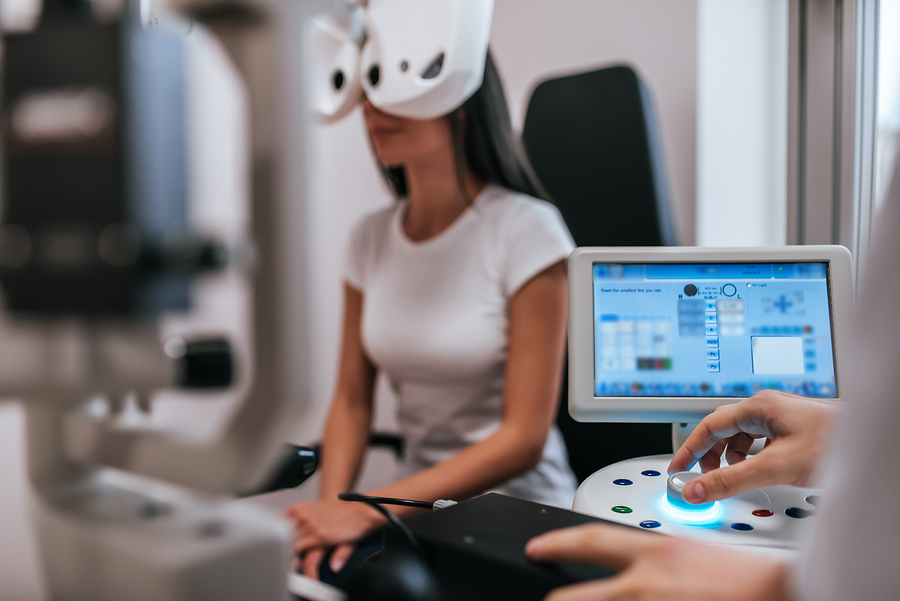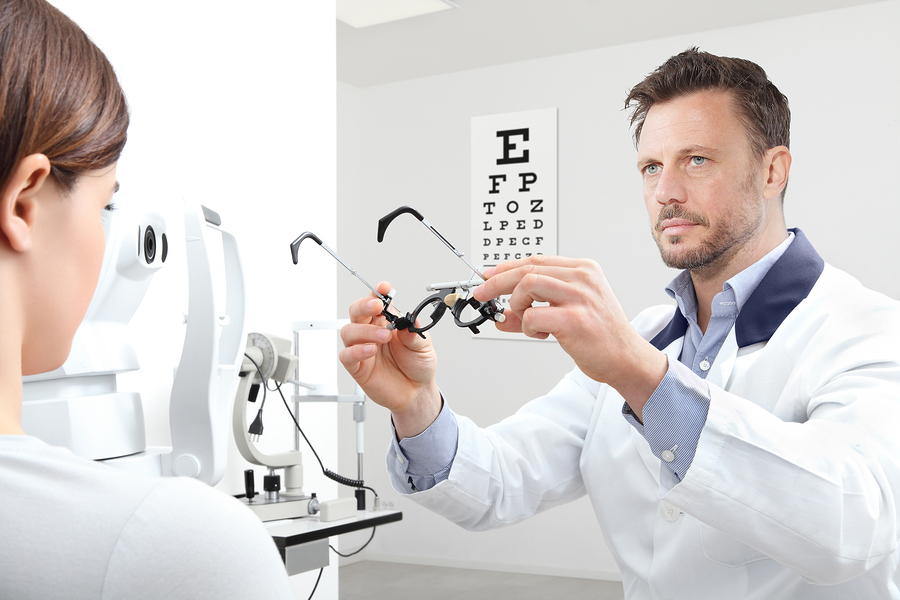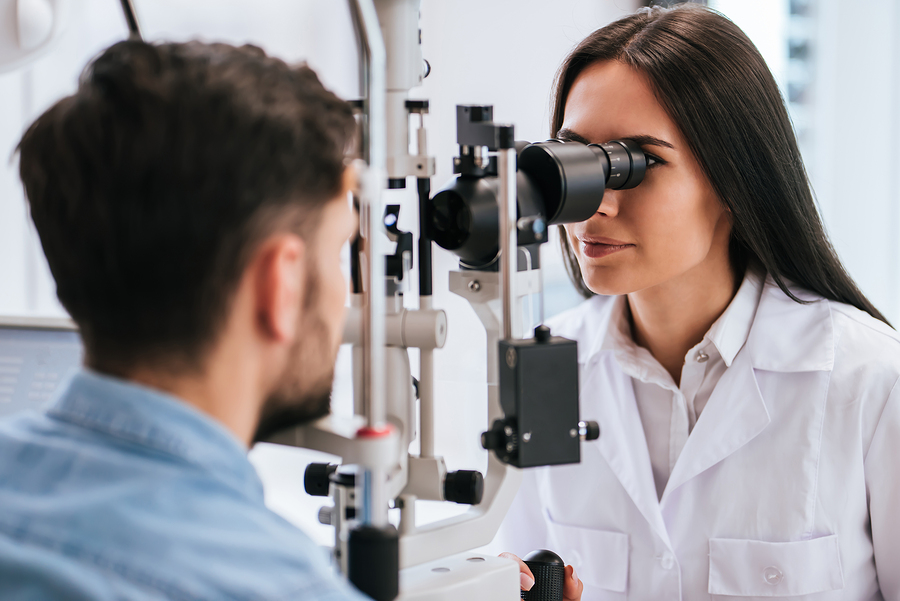Vision problems can affect anyone, anywhere, and any time of the day.
Some eyesight problems are genetic, and some are not. Hereditary eyesight problems start at an early age, while common ocular problems just come because of cellular degradation as we age. That is why routine eye exams are advisable. They can aid in detecting these problems before they become worse.
Speaking of the reliable online optical store, if you are finding a new pair of glasses or are searching for your very first pair, Firmoo.com takes the uncertainty out of finding something that isn’t too expensive and that suits your personal style. Firmoo’s prescription glasses give you several options, therefore wearing your prescription glasses will never feel like a chore.
Extensive eye examination
An in-depth eye examination ought to last an hour or so if conducted by any accredited optician. Eye checkups vary concerning the optician that you’re consulting. However, the tests have a common ground.
- Serious discussion with your optician about eyesight and other overall health issues and standard way of living.
- Checking of any previous or most recent spectacle worn.
- Figuring out your normal vision range by letting you read using your naked eye.
- Using different lenses to determine if you are a suitable candidate for eyeglasses or contact lenses.
- The optician must make sure that you can see well given any distance, far distance, nearer, or reading distance.
- Looking for any other ailments that may affect your vision (like hypertension, diabetes, and cataract).
- Ascertaining if your eyes can effectively work with each other.

Standard eye tests
Some examples of standard eye tests used by opticians are the following:
Visual fields screener
This is to measure your field of view. This is once again, an important test for Glaucoma detection, as well as other conditions.
Retinoscope
This is used to produce a reading of your prescription; this can then be adjusted.
Tonometer
Tonometer is a device that counts the internal pressure of the eye. This is regularly used for people who’re more than the age of forty, and it is beneficial for those who have a potentiality to have glaucoma, a health problem of the optic neural.
Color vision tests
Most color vision defects are genetic, which means you are born with the defect. It is more common in boys. Most defects can’t be corrected but may make a difference when choosing an occupation or other lifestyle choices.
If any problems with the eyes are discovered, your optician should be able to arrange for a report to be sent to your Doctor for further investigation.
Results of the eye examination

At the end of the examination, the optician will issue an up to date prescription for any spectacles that may be required.
A good optician will always thoroughly discuss the results of the eye examination, along with any recommendations that will benefit you and your eyes. He should also inform you of when you should next have another eye examination, typically annually but sometimes more often.
Make sure that you have read the online reviews about the particular optician if available. These reviews from patients will help you know about the competency level, test accuracy, and behavior of optician with patients. There are many online forums made for patients with the same conditions. You can also discuss your problem there and get to know a competent local optician near you.
NHS eye examination
Some groups of people are entitled to an NHS Eye examination (e.g., under 16’s, over the ’60s) which is free. Whether you are entitled to an NHS or have to pay for a special eye test, your test program should be the same regardless who pays the fees.
A full eye examination may include but is not limited to the tests mentioned earlier. Individual cases of patients, the symptoms that they show, and the discretion of the doctor involved, will have an impact on the tests performed.


